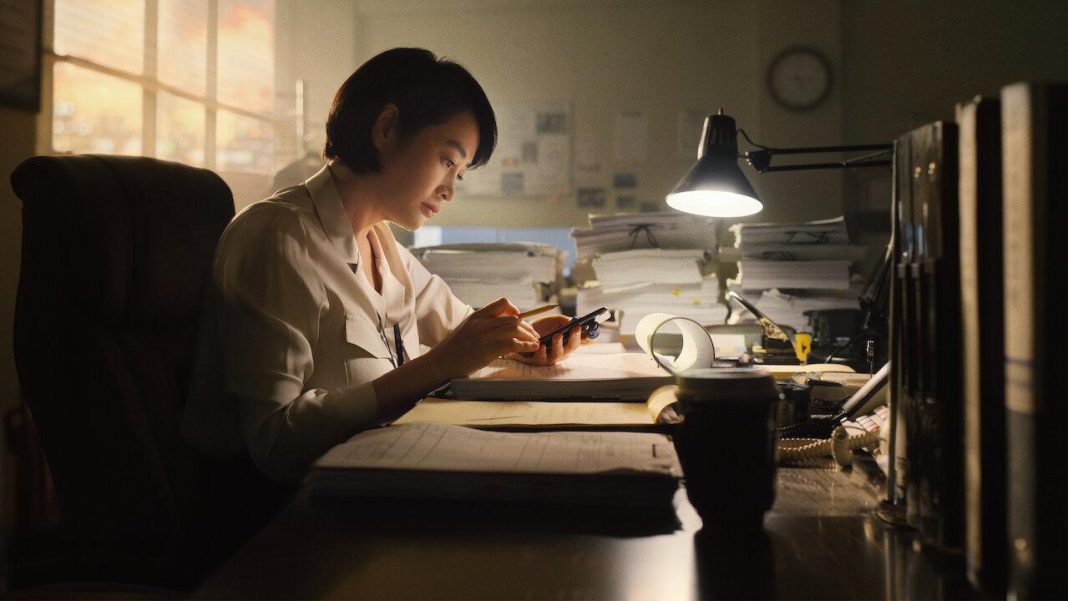 A New York City mother is living in fear as she awaits the potential release of her teenage son’s accused killer. The mother, who wishes to remain anonymous, spoke out about her concerns for her family’s safety and the lack of justice she feels they have received.
A New York City mother is living in fear as she awaits the potential release of her teenage son’s accused killer. The mother, who wishes to remain anonymous, spoke out about her concerns for her family’s safety and the lack of justice she feels they have received.
The incident occurred two years ago when the mother’s 17-year-old son was fatally shot in a case of mistaken identity. The accused killer, now 19 years old, has been held in custody since his arrest shortly after the incident. However, recent developments in the case have raised the possibility of his release.
The mother expressed her fear and frustration, stating, “My family deserves better than this. We have already suffered so much, and now we are faced with the possibility that the person responsible for taking my son’s life could walk free.”
The concern stems from a recent Supreme Court ruling that deemed mandatory life sentences for juvenile offenders unconstitutional. The ruling stated that juveniles should be given the opportunity for parole, taking into account their age and potential for rehabilitation.
While the ruling aims to address issues of fairness and proportionality in sentencing, it has left families like this mother’s in a state of uncertainty and fear. They worry that individuals who committed heinous crimes as juveniles could be released back into society without serving a suitable sentence.
This case highlights a larger debate surrounding juvenile justice and the potential for rehabilitation. Advocates argue that young offenders should be given a chance at redemption and rehabilitation, while others express concerns about public safety and the potential for reoffending.
According to a recent study by the Sentencing Project, over 2,000 individuals who were convicted of murder as juveniles are currently serving life sentences without the possibility of parole. The study also found that juveniles sentenced to life without parole were more likely to come from disadvantaged backgrounds and have experienced trauma or abuse.
However, it is important to note that not all cases involving juvenile offenders are the same. Each case should be evaluated individually, taking into account the severity of the crime, the offender’s level of remorse, and their potential for rehabilitation.
In this specific case, the mother argues that her son’s accused killer has not shown any remorse or taken responsibility for his actions. She believes that he should be held accountable for the pain and loss he has caused her family.
While it is understandable that this mother fears for her family’s safety, it is crucial to consider the potential for rehabilitation and the opportunity for individuals to turn their lives around. The justice system must strike a delicate balance between accountability and the potential for redemption, especially when dealing with juvenile offenders.
As this case unfolds, it serves as a reminder of the complex issues surrounding juvenile justice. It is a topic that requires thoughtful consideration and careful examination of individual cases to ensure that justice is served while also prioritizing rehabilitation and the potential for growth and change.


